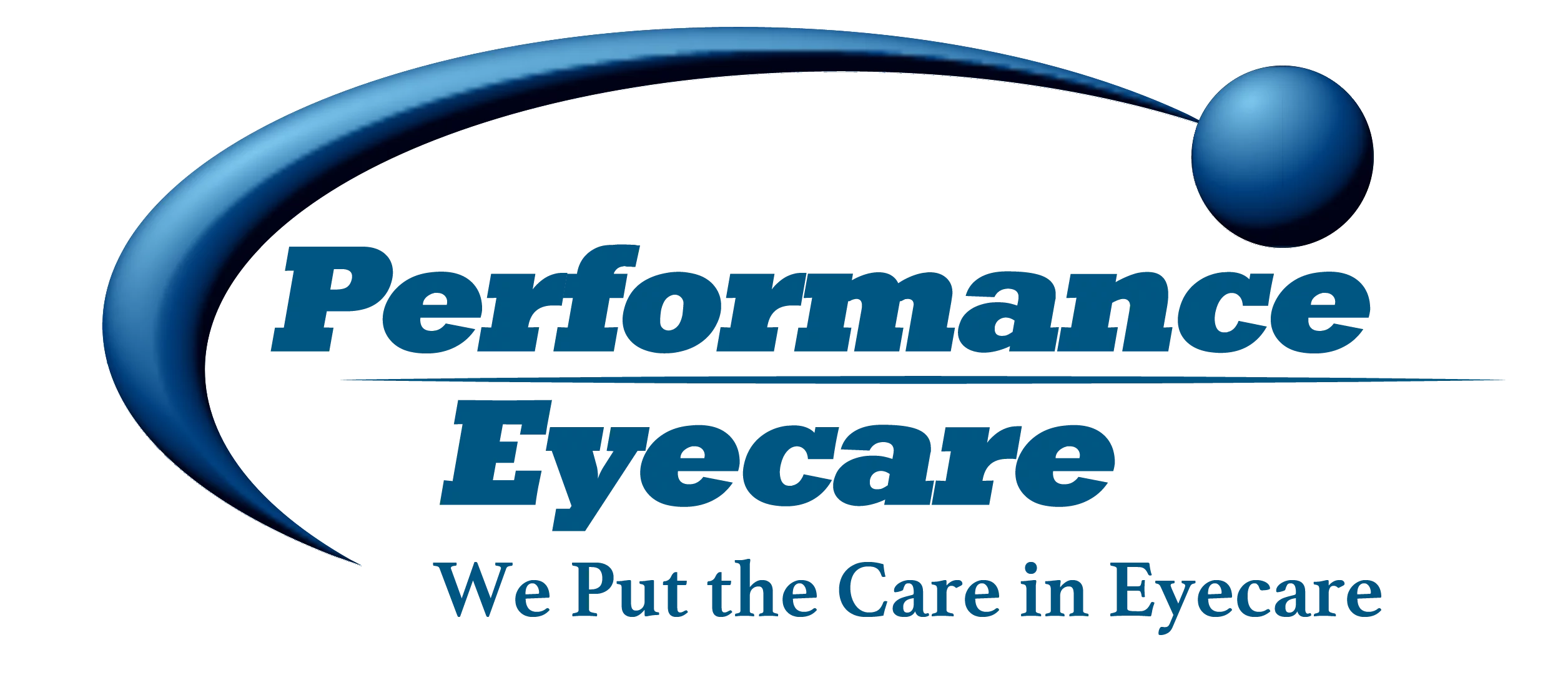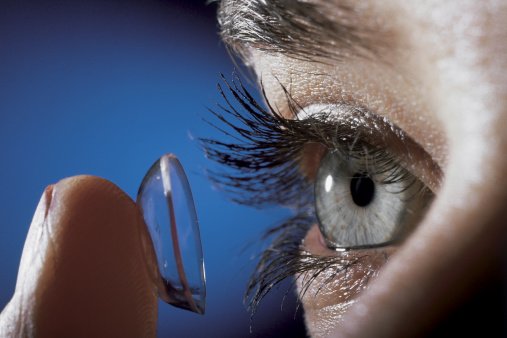Keeping Rewearable Contact Lenses Clean and Comfortable
Contact lenses are a convenient and comfortable alternative to glasses, but they do require regular maintenance to ensure optimal vision and eye health. In this video, we provide tips for cleaning and storing your contact lenses, including the use of proper solutions and avoiding common mistakes like sleeping in your lenses. Ensuring you get the … Read more

